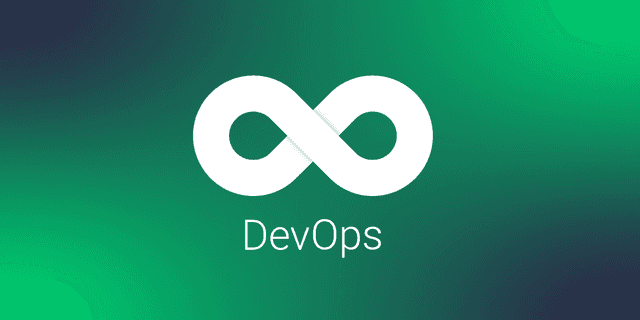Hypertext
Hypertext refers to texts that are interconnected through hyperlinks, and can be viewed on various devices, including computers.
What is Hypertext?
Hypertext can be defined as non-linear text. Within hypertexts, links can connect to another document, known as hyperlinks. The prefix "hyper-" in English means "beyond" or "above." Therefore, hypertext roughly translates to "beyond text." It is not just a single text but a complex structure that includes branching texts. With the inclusion of images and videos, it is also referred to as hypermedia.
The Importance of Hypertext Technology
To understand the importance of hypertexts, one needs to look at the internet we use today. Every website is essentially a document. These documents are displayed in browsers and are interconnected through links. Tim Berners-Lee aimed for networked computers to use a common hypertext system when he developed the World Wide Web. Thus, the emergence and development of hypertexts played a crucial role in the creation of the network we call the internet.
Hypertext Markup Language (HTML)
HTML, developed by Tim Berners-Lee, stands for Hypertext Markup Language and became the standard document type for the World Wide Web. HTML is used to create documents, or web pages, intended to be viewed with web browsers.
History and Development of Hypertext
The concept of hypertext dates back to the 1940s. The hypothetical device called Memex, described in Vannevar Bush's article "As We May Think," is considered a precursor to the idea of hypertext. Memex was a device that allowed access to data stored on microfilm reels through indexes. Vannevar Bush's hypothetical machine holds significance as it inspired Ted Nelson and Douglas Engelbart's work on hypertext.
In 1965, Ted Nelson coined the terms hypertext and hypermedia for creating and using interconnected content. In the following years, he worked with Andries van Dam on the Hypertext Editing System. In 1976, Andries van Dam and his student developed the hypertext system called FRESS. Ted Nelson, on the other hand, pursued a different path and started developing a hypertext system called Project Xanadu. The development process of Xanadu was long and tumultuous, with no tangible result achieved.
Back in the 1960s, Douglas Engelbart began working on the NLS system in 1962 and made a groundbreaking presentation in technology and computing in 1968. The NLS, developed under Engelbart's leadership, had features that were advanced for its time, such as hypertext, windows, video conferencing, and word processing, which are present in modern personal computers.
In 1980, Tim Berners-Lee developed the hypertext database system INQUIRE. His work was followed by different applications, including Apple's HyperCard. In 1989, Tim Berners-Lee, continuing his work at CERN, started working on a hypertext project to connect academic institutions. He named this project the World Wide Web, thus laying the foundation for the modern internet.
Our free courses are waiting for you.
You can discover the courses that suits you, prepared by expert instructor in their fields, and start the courses right away. Start exploring our courses without any time constraints or fees.



